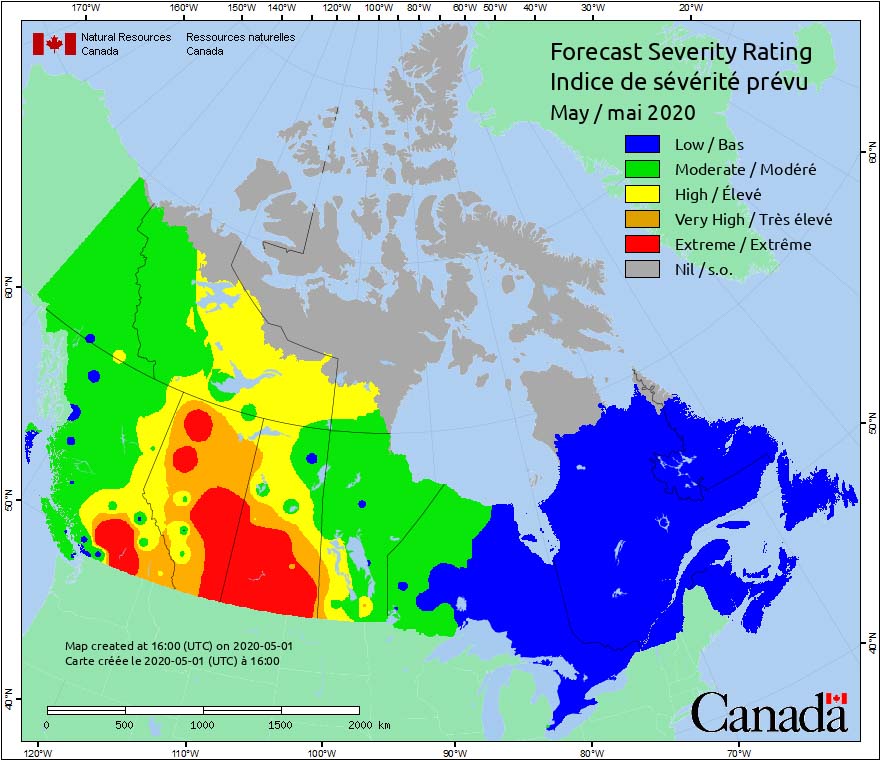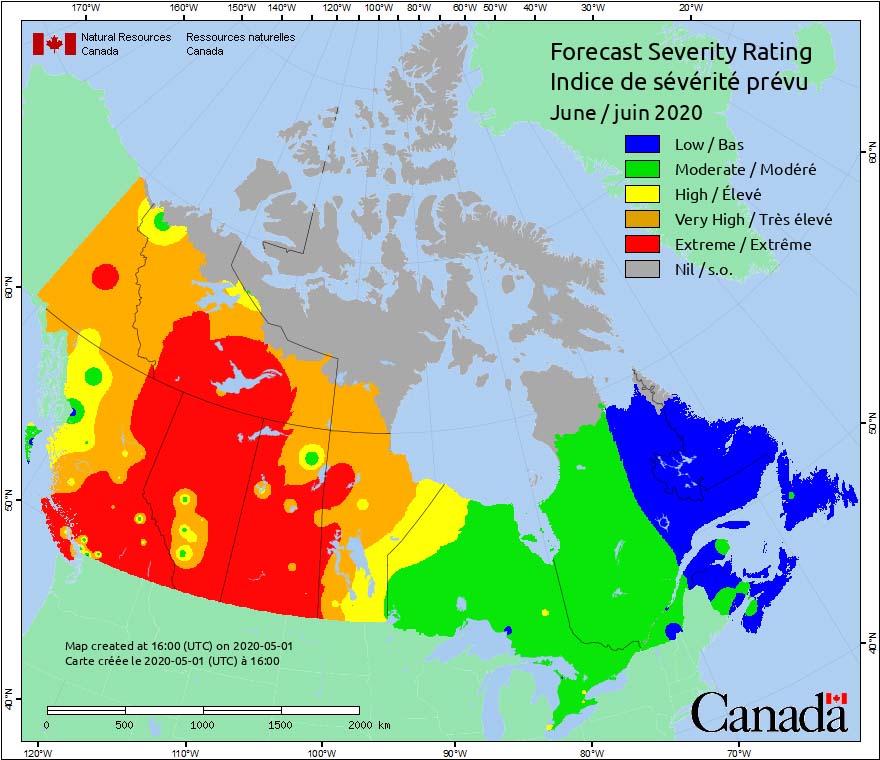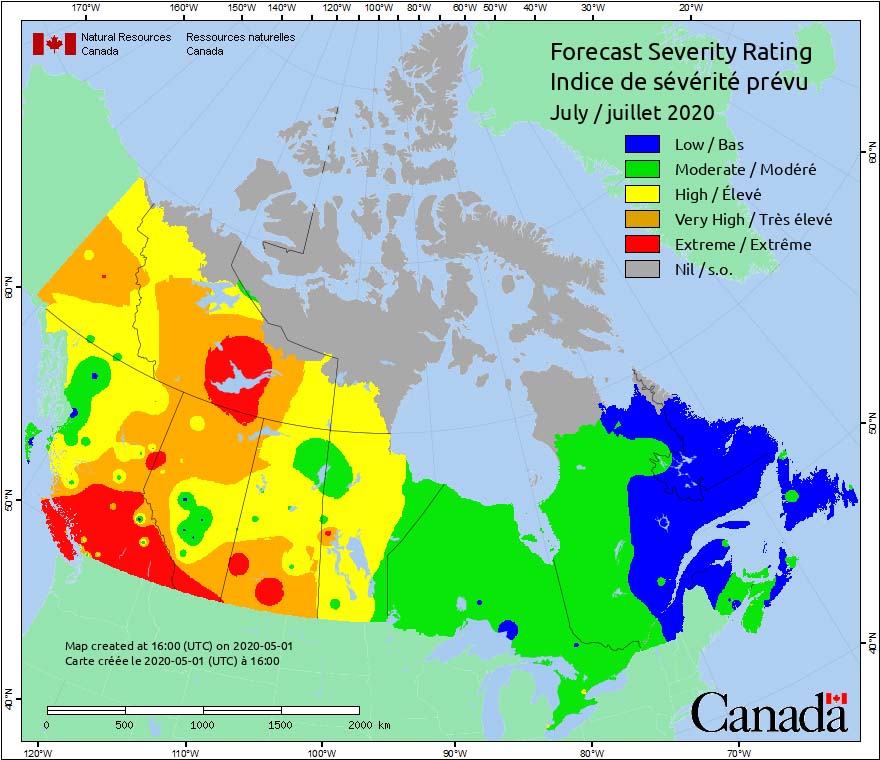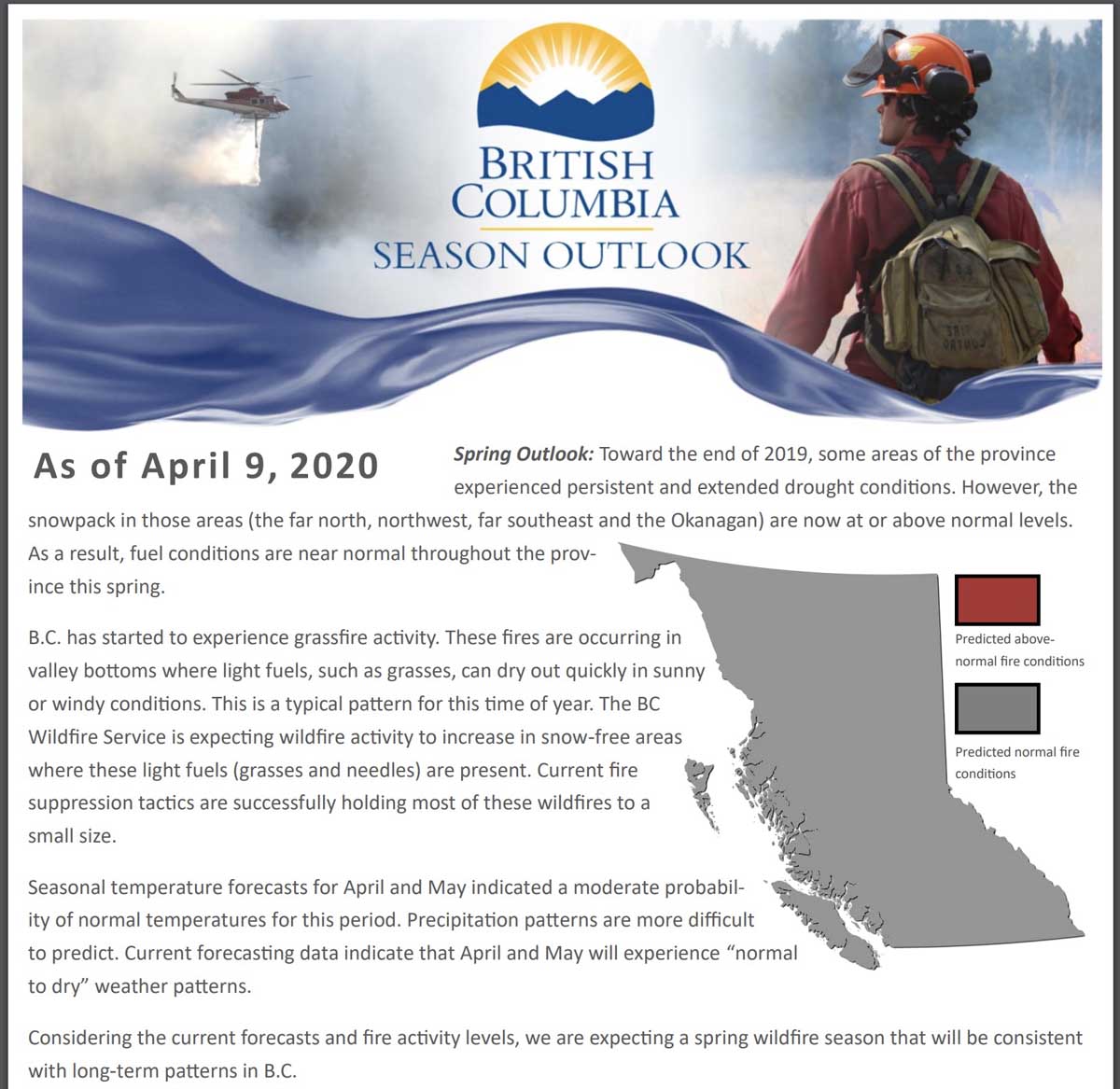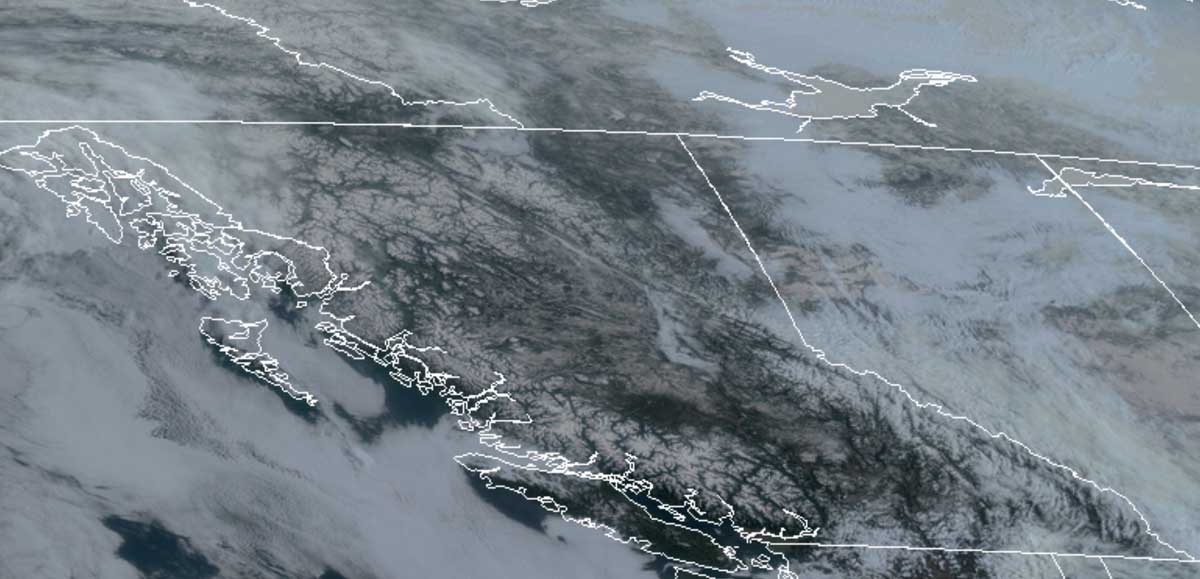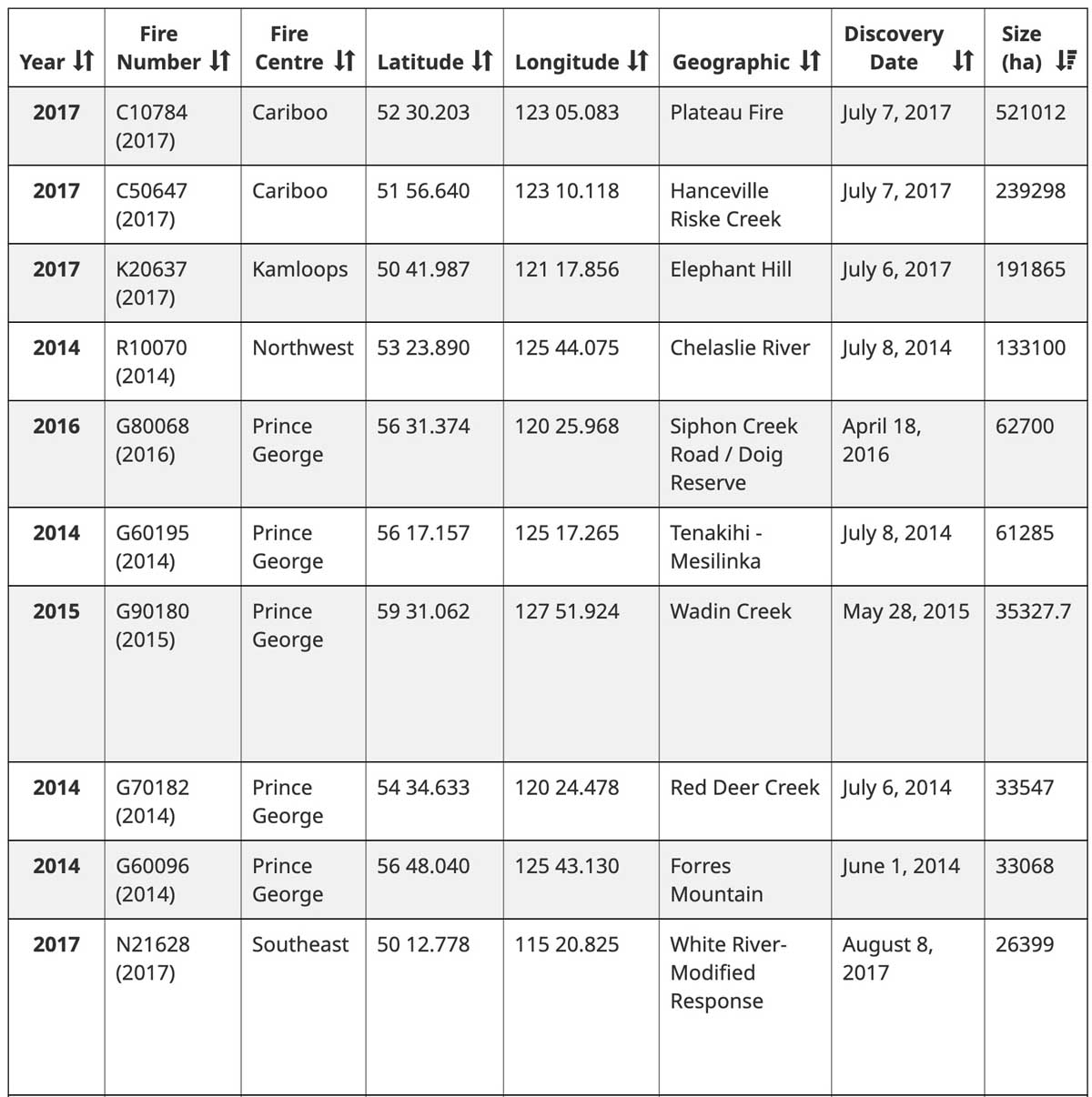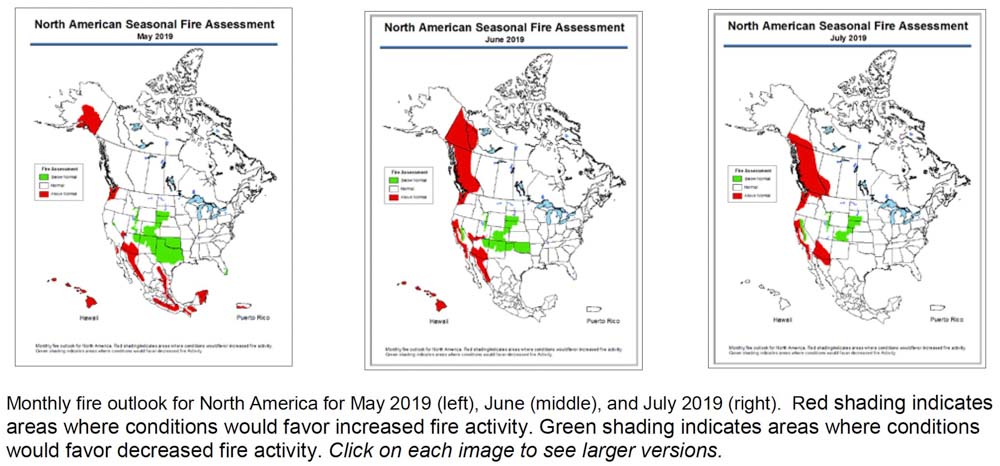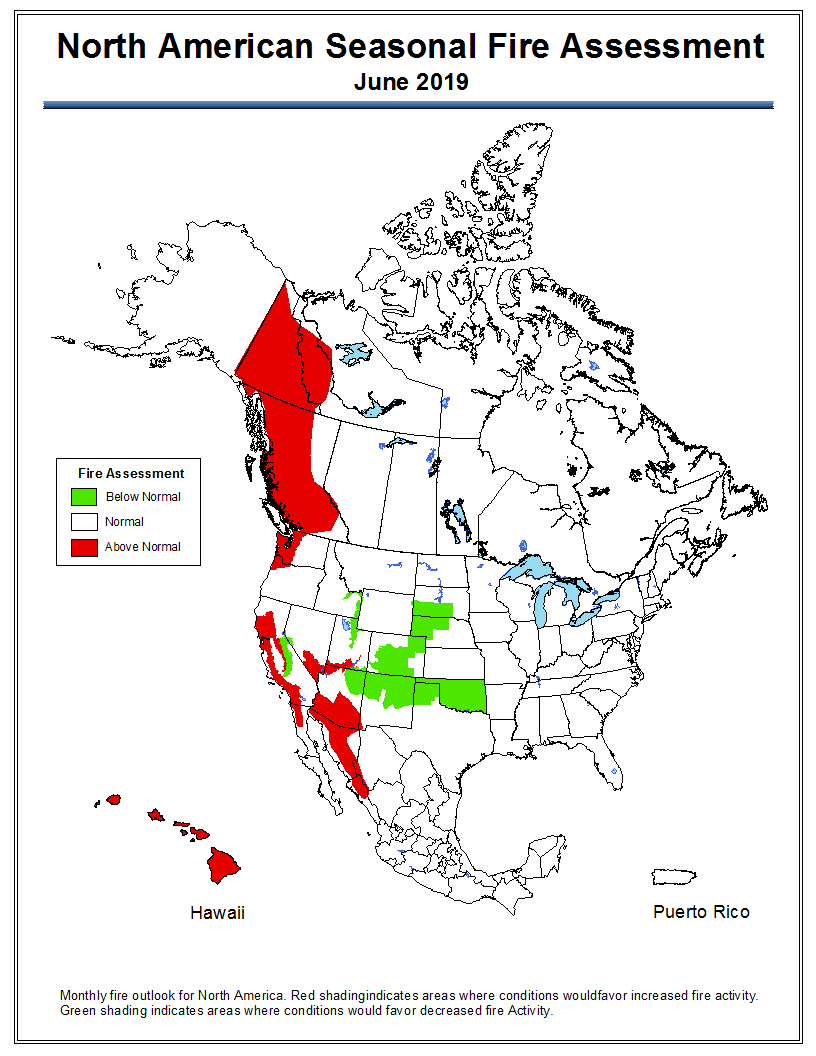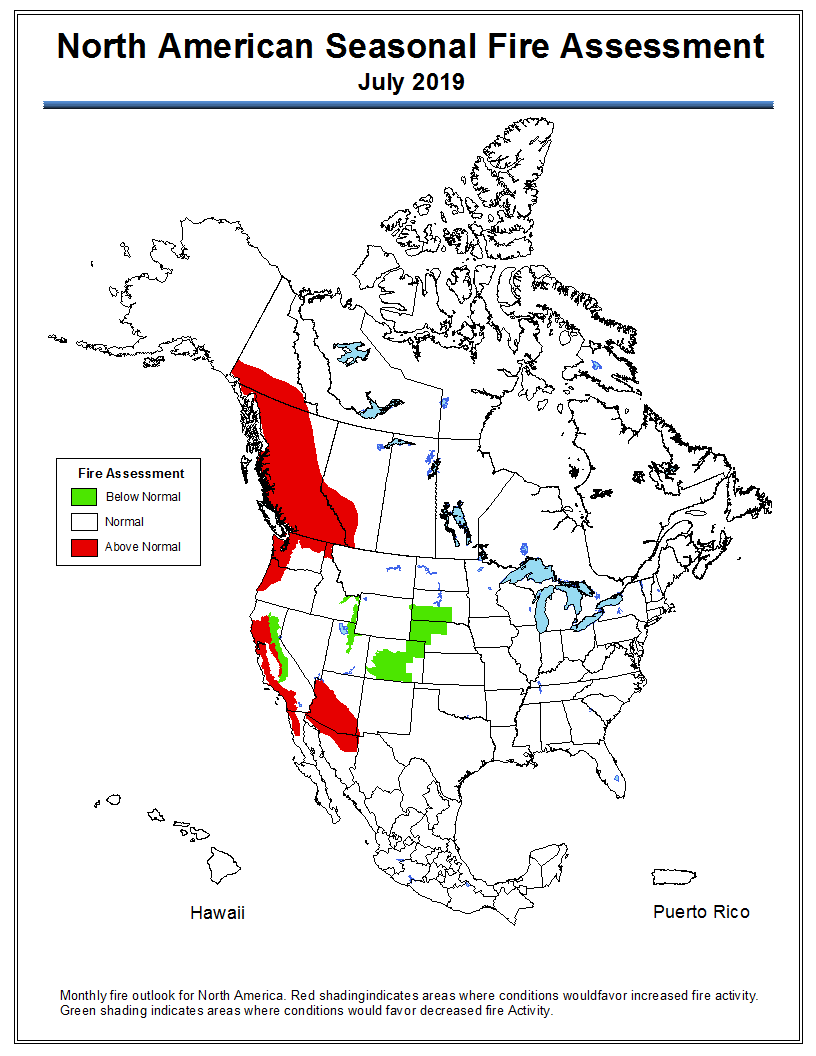Above: Firefighters in a smoky environment on the White Tail Fire, March 8, 2019, Black Hills National Forest.
Information from the British Columbia Wildfire Service:
VICTORIA – The BC Wildfire Service has provided $305,000 to help fund two research projects looking into the health and wellness of firefighters and associated personnel. The University of Northern British Columbia and the University of Alberta are conducting these studies to learn more about how firefighting activities affect the health of fire crews.
“Our firefighters have worked hard on the front lines to keep British Columbians safe during difficult and record-setting wildfire seasons,” said Doug Donaldson, Minister of Forests, Lands, Natural Resource Operations and Rural Development. “These studies will help us support their long-term health and well-being.”
Research by the University of Northern British Columbia is led by Chelsea Pelletier, PhD, who is an assistant professor with the School of Health Sciences at the University of Northern British Columbia.
A scoping review will:
- Look holistically at the existing body of research and knowledge about wildland firefighter health and wellness (including its physical, mental and emotional dimensions) by conducting a global scan of the scientific literature;
- Identify any modifications (based on the scientific literature and work done by wildfire management agencies elsewhere) that could be implemented in the short term to reduce potential health impacts; and
- Identify any gaps in the work-related health knowledge of wildland firefighters and associated personnel.
The outcomes of this project and other information will help the BC Wildfire Service establish a long-term research strategy for worker health. This research is expected to be completed in the summer of 2020.
Research by the University of Alberta is led by Nicola Cherry, MD, PhD, who is the tripartite chair of occupational health with the Division of Preventive Medicine at the University of Alberta.
It is also supported by the Alberta government and aims to:
- Examine the nature and concentration of polycyclic aromatic hydrocarbons in the air that firefighters breathe and accumulate on their skin (polycyclic aromatic hydrocarbons are a suite of organic compounds produced when organic material burns, some of which can be hazardous to human health);
- Explore the practicality and effectiveness of firefighters using respiratory protective equipment; and
- Investigate whether wildland firefighters have more chronic lung disease than other people of the same age, gender and geographic location.
So far, about 50 BC Wildfire Service firefighters have taken part in this study. Alberta firefighters are also participating. A progress report on the initial phase of this project should be released in March 2020.

